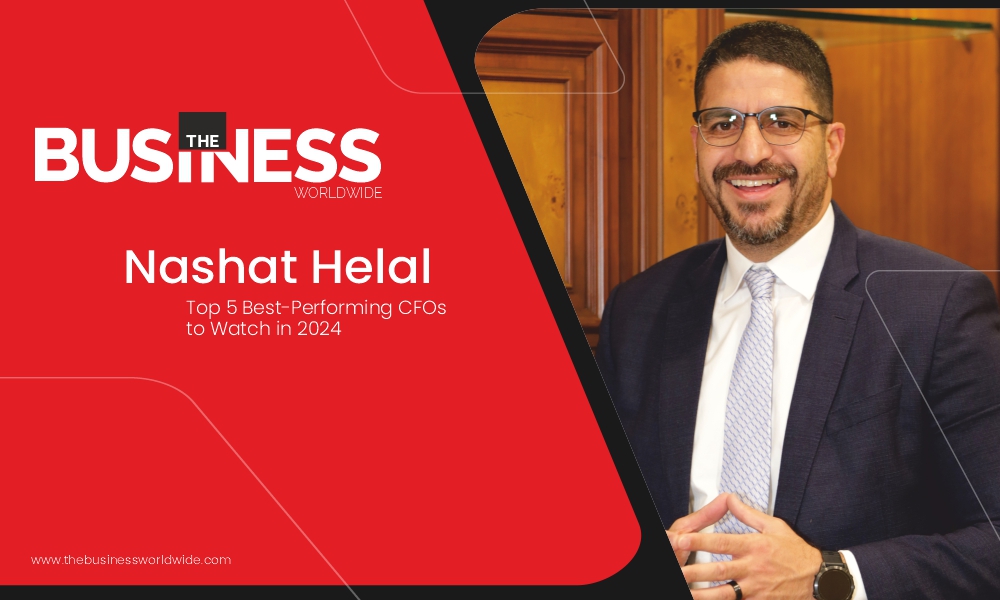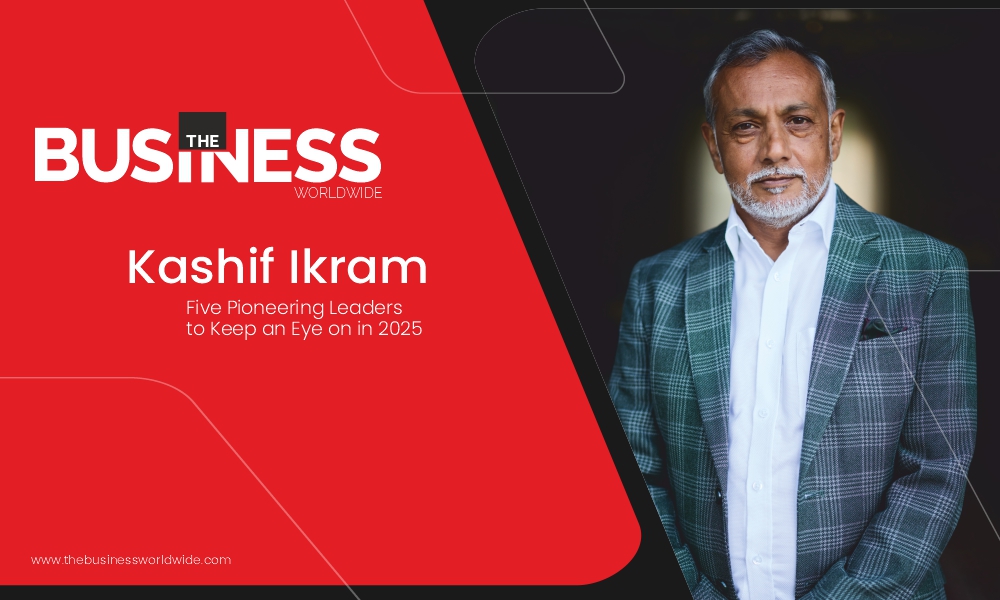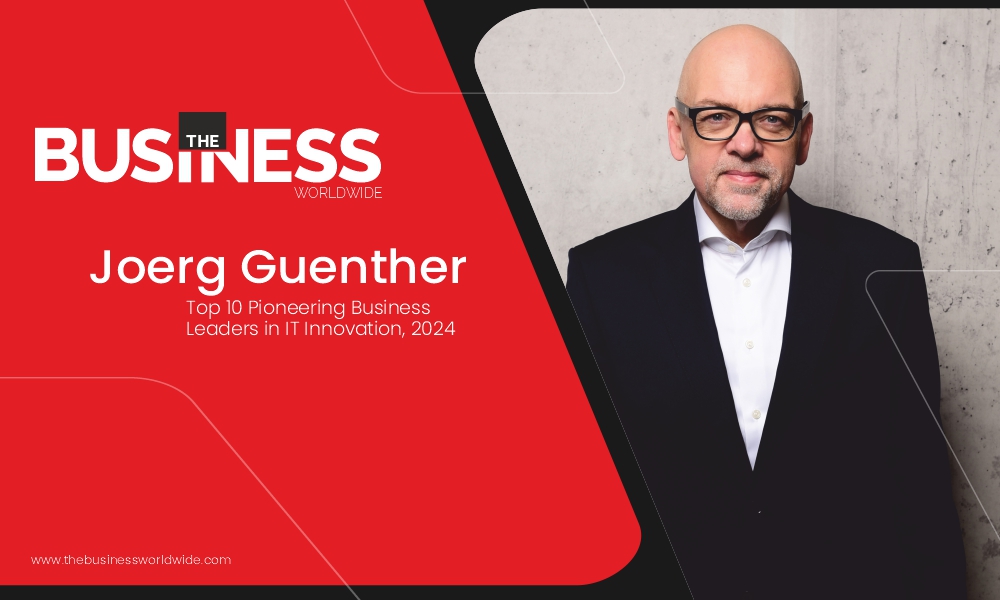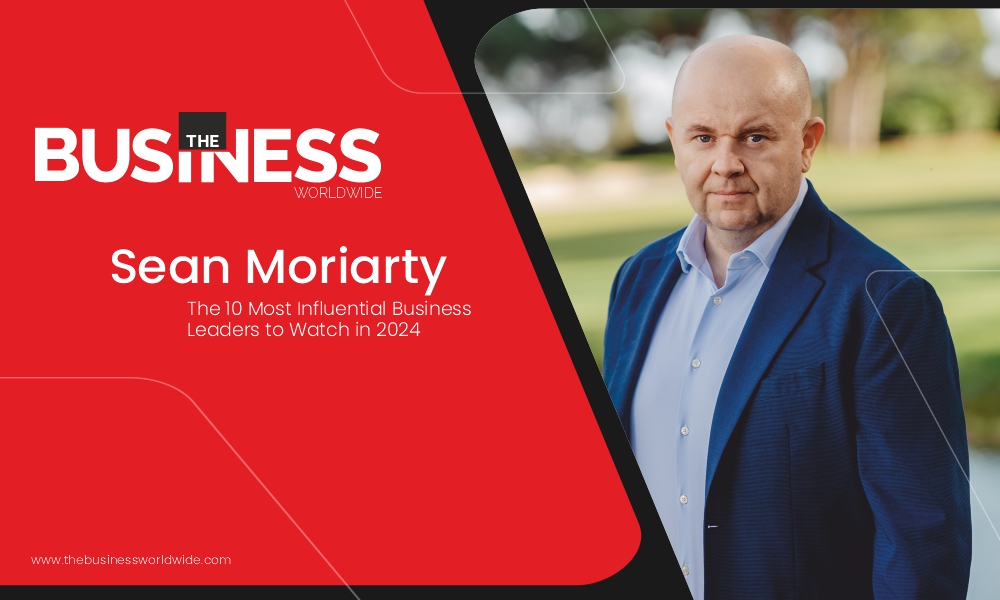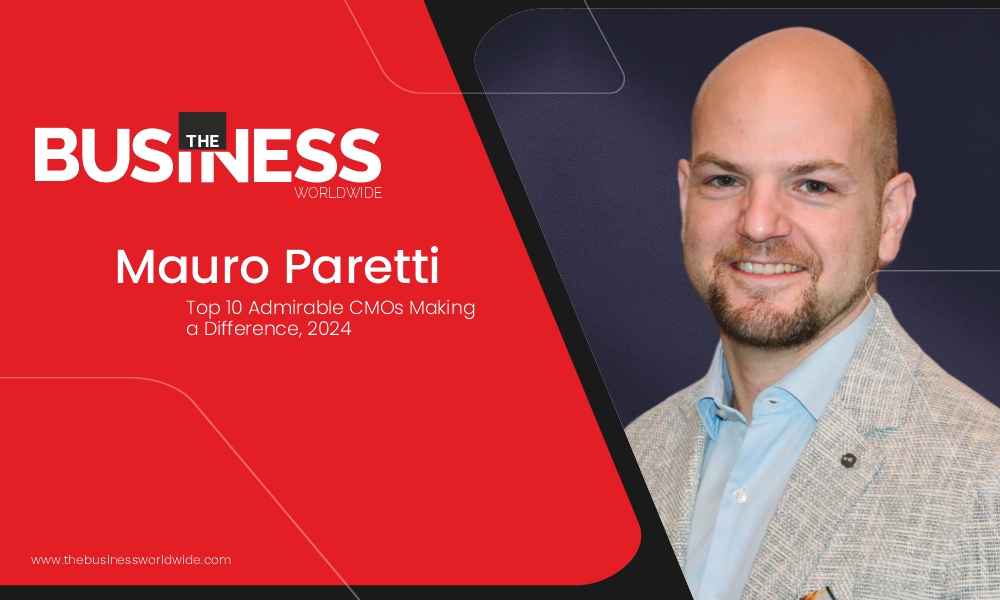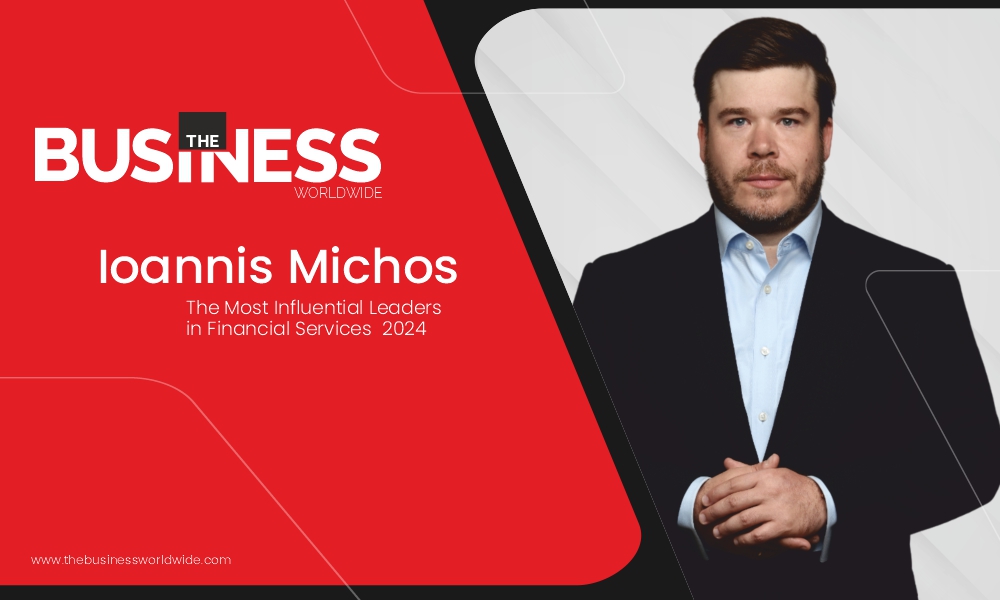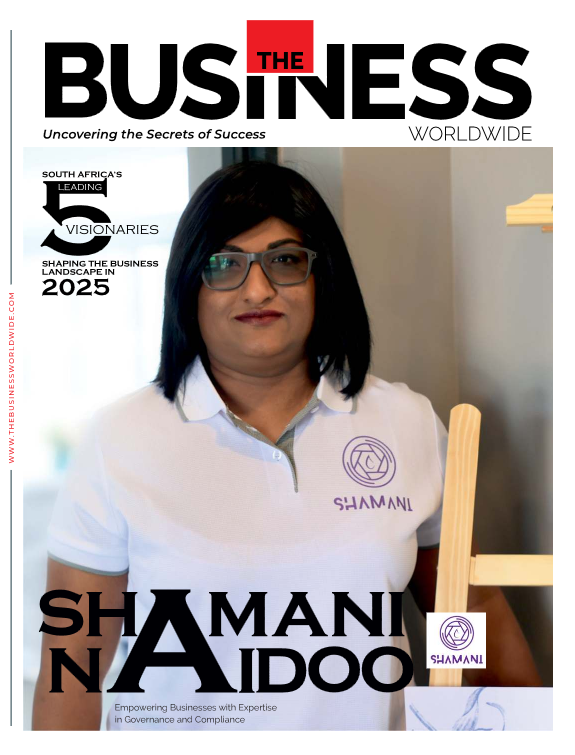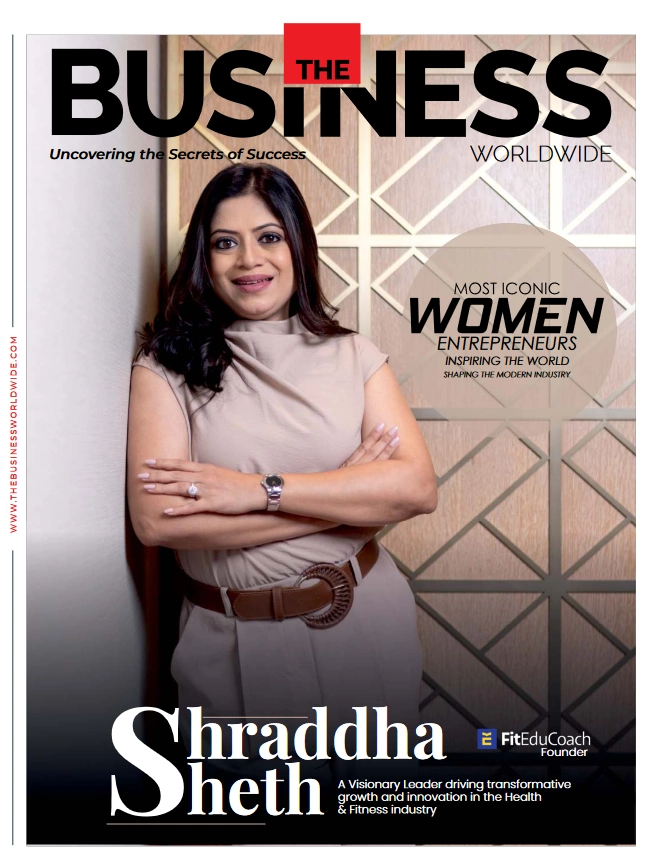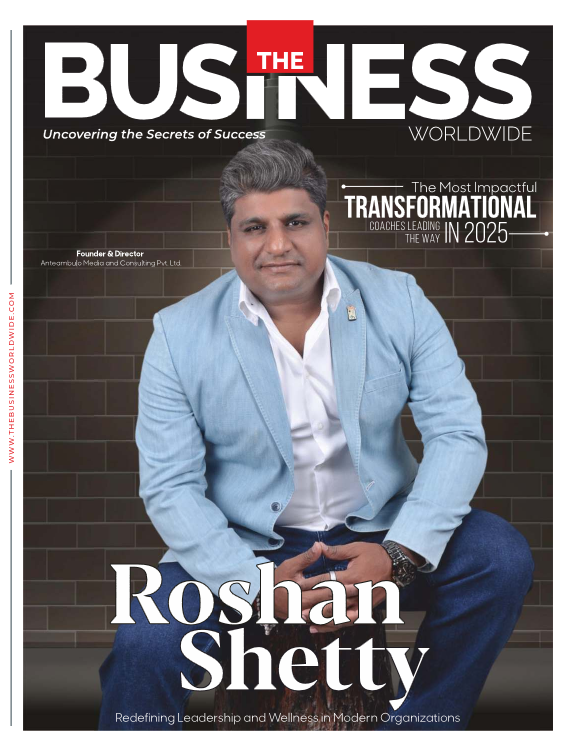The evolving business world often creates new roles and responsibilities owing to factors like technology transformation, new concepts and values, and the complexity of organizations. These changes affect every role in an organization. The role of the CFOs too has evolved significantly over the years. Initially, CFOs were primarily focused on managing a company’s financial transactions, ensuring accurate financial reporting, and maintaining compliance with regulatory standards. Their role was largely seen as that of a financial gatekeeper.
However, in recent years, the role has transformed into a more dynamic and strategic position within organizations. Modern CFOs are expected to be strategic leaders as they now play a critical role in shaping company strategy. They collaborate with other C-level executives to drive business growth, identify opportunities, and develop long-term financial plans. They are now data-driven decision-makers who leverage big data to make informed decisions owing to the advancements in technology and data analytics. They analyze financial and non-financial data to forecast trends, manage risks, and optimize business performance.
Beyond financial risk, CFOs are now responsible for identifying and managing a broader array of risks, including operational, strategic, and reputational risks. They are increasingly required to understand and implement new technologies such as AI, blockchain, and cloud computing to improve financial processes, enhance reporting accuracy, and boost overall efficiency. Modern CFOs are more actively involved in engaging with a wider range of stakeholders, including investors, regulators, and the board of directors, providing insights and transparency into the financial health and strategic direction of the company. There is a growing emphasis on environmental, social, and governance (ESG) criteria. CFOs are often tasked with integrating sustainable practices into financial planning and reporting.
In 2011, Nashat Helal experienced a pivotal career transition when he accepted the role of CFO at the age of 30. Over the past 13 years, he has evolved significantly becoming the modern-day CFO with the above qualities. He is at the forefront of business strategy and management, encompassing company valuations, mergers and acquisitions, IPOs, and debt and equity fundraising.
The Journey
Nashat embarked on his professional journey in 2002 by joining EY’s Jordan office. His tenure at EY spanned a decade, with the first two years in Amman and the remainder in Muscat, where he led diverse teams in audit, risk, and advisory services.
Nashat’s industry experience is broad, covering financial services, real estate, healthcare, contracting, maritime, hospitality, retail, automotive, management consulting, auditing, education, and trade and distribution. Additionally, his expertise includes corporate transformations, turnarounds, portfolio management, financial planning, and strategic planning.
Nashat is dedicated to continual personal and professional development. Throughout his career, he has earned certifications such as CMA, CPA, and CFA, each of which has been instrumental in advancing his career. In September 2017, he pursued further education by enrolling in the Executive MBA program at London Business School. He graduated in July 2019, emerging as a more seasoned and well-prepared professional.
Key attributes that have defined his career include determination, consistency, discipline, resourcefulness, self-acceptance, accountability, a proactive approach, a focus on progress over perfection, and an appreciation for both the journey and its milestones. These qualities
have been integral to my professional achievements.
Presently, Nashat serves as the Group CFO of Balubaid Group of Companies (BGC), a diversified holding company operating in eight sectors within Saudi Arabia. His role involves creating value across existing businesses and future investments, leading IPO and private placement initiatives, exploring innovative fundraising strategies, and aiding the board in valuing new business prospects to attract investors and establish partnerships.
The Company
Balubaid Group of Companies (BGC) is a diversified holding company operating in eight sectors in the Kingdom of Saudi Arabia. Established in 1952 starting as a spare part trading operation, the company has grown into a multi-business enterprise with interests in automotive retail, manufacturing and industrial, real estate and entertainment, financial services, trading & distribution, professional services, fitout and furnishing, and affiliated companies. BGC is a privately held, family-owned enterprise with a diverse, multinational workforce of over 1000 employees.
The unique success factors of BGC are primarily driven by its distinctive culture:
Optimal Governance Structure: They prioritize the right degree of governance with a lean and agile organizational structure that adapts to our dynamic market. There is a clear delineation of authority between executive management and the board of directors. Roles and responsibilities are well-defined, thoughtfully considered, and effectively communicated to all team members.
Transparency and Accountability: BGC fosters a culture of transparency with no hidden agendas. Clear and concise communication is key, as it sets expectations and goals from the outset. This approach promotes high levels of ownership and accountability, empowering team members to take full responsibility for their actions.
Strategic Alignment: They ensure that each team member is involved from the planning stage, understanding how their work aligns with the group’s strategic direction. This involvement helps in executing their jobs with a thorough comprehension of the broader goals.
Diverse Perspectives: BGC values a diverse team with varied backgrounds, experiences, and nationalities. This diversity brings balanced perspectives to our decision-making processes, aiding in optimizing performance in a dynamic market.
Executive Management’s Open-Door Policy: BGC management exhibits maturity and adopts an open-door policy. This approach provides team members with the confidence to perform their tasks without the fear of micromanagement or misuse of authority. It fosters a sense of ownership and aligns personal interests with the group’s objectives.
A Seasoned Leader
Nashat’s leadership style is defined by a blend of empathy, innovation, and continuous improvement.
People-Centric Leadership: Nashat is often described as a “people guy” because he genuinely cares about his team members and their well-being. Building strong, trusting relationships is at the core of his leadership philosophy. He prioritizes the development and growth of his team, ensuring they have the support and resources needed to excel in their roles. He believes that when people feel valued and their contributions are recognized, they are more motivated and engaged.
Results-driven: While Nashat emphasizes a people-centric approach, he is also firmly committed to delivering results. He sets clear expectations and ensures that the financial goals are met with precision and excellence. His leadership strikes a balance between compassion and performance, fostering an environment where the team works hard and achieves the objectives together.
Innovative Thinking: Thinking outside the box is a key component of Nashat’s work style. He encourages his team to explore creative solutions and innovative strategies to overcome challenges and improve their processes. This mindset has been instrumental in driving BCG’s financial success and keeping them ahead in an ever-evolving business landscape.
Adaptability: Adaptability is another defining trait of Nashat’s leadership. In the dynamic world of finance, being able to pivot and respond to changes swiftly is crucial. He embraces change with a positive attitude and inspires his team to do the same, ensuring that they remain resilient and agile.
Continuous Improvement: He is always on the run to improve his skills, knowledge, and personal qualities, and he instills the same ethos in his team. Professional development is a priority, and he actively seeks out opportunities for learning and growth. By fostering a culture of continuous improvement, BCG stays competitive and maintains its edge in the industry.
Uplifting the Local Community
Balubaid Group has a dedicated committee responsible for overseeing all social corporate initiatives that look to uplift the local community and support social causes. This committee actively participates in various national and international events. For instance, last year, they collaborated with an association focused on supporting diabetes patients. Additionally, they periodically work with Bupa Insurance to conduct health checks for their employees, promoting awareness and maintenance of a healthy lifestyle.
BGC also partners with governmental sectors such as the Ministry of Interior. Last year, during Police Traffic Day, they participated by offering gifts to police officers on duty as a token of appreciation for their efforts towards society.
On the educational front, representatives from BGC’s finance team led by Nashat participated in the annual forum organized by the Faculty of Economics and Administration at King Abdulaziz University. During the forum, they engaged with students, answered their questions, and provided professional advice.
“We have coordinated with the faculty to create opportunities for students through cooperative training programs at Balubaid Group and its subsidiaries. This initiative is part of our broader commitment to corporate social responsibility, aimed at equipping young graduates and empowering them,” shares Nashat.
Green Initiatives
Balubaid Group undertakes several Sustainability Initiatives including:
Riyadh Green Project: Through its manufacturing arm, Arabian Planet for Plastic (APICO), Babubaid Group is collaborating with the government on the Riyadh Green Project as part of the Vision 2030 initiative.
Carbon Emission Reduction: Balubaid’s factories are developing solutions aimed at significantly reducing carbon emissions, contributing to a cleaner environment.
Biodegradable Technology: They are continuously enhancing the technology in their plastic factory to produce more biodegradable products, ensuring they are environmentally friendly.
Digital Transformation: Across the Balubaid group of companies, they are promoting the reduction of paper usage and embracing digital solutions as part of their ongoing digital transformation journey.
Modern Challenges
Nashat shares some common challenges that he encounters as a modern CFO in today’s dynamic market conditions:
Economic Volatility: Fluctuations in the market due to geopolitical instability, trade wars, or economic crises.
Regulatory Compliance: Keeping up with the ever-changing regulations and ensuring the company remains compliant.
Technological Advancements: Rapid technological changes require continuous adaptation and investment.
Cybersecurity Threat: Increasing risk of cyber-attacks and data breaches.
Talent Management: Attracting and retaining top talent in a competitive market.
Cost Management: Balancing cost reduction with the need for growth investments.
Stakeholder Expectations: Meeting the high expectations of stakeholders for transparency and performance.
Staying Updated with the Trends
Being a strategic partner is crucial in navigating the complexities of today’s business landscape. Nashat believes that equipping oneself with the right tools and strategies to foresee the future is essential. To stay abreast of the latest developments in the industry, he tries and advises others to:
Develop robust scenario planning and financial forecasting to prepare for various economic conditions.
Use benchmarking tools to compare the company’s performance against industry standards and competitors, helping me understand where my organization stands and identify areas for improvement.
Invest in a comprehensive ERP system like Oracle to integrate various business processes, providing a unified consolidated view that supports strategic decision-making.
Invest in compliance and maintain a dedicated team to monitor regulatory changes.
Where possible, integrate emerging technologies like AI and blockchain into financial operations and invest in ongoing tech training for the finance team.
Focus on employee engagement, provide career development opportunities, and foster a strong company culture.
Use advanced data analytics to identify cost-saving opportunities without compromising on growth initiatives.
Enhance communication and reporting practices to provide clear and timely information to all stakeholders.
Implement comprehensive cybersecurity policies and regularly train staff on best practices.
Stay updated with the latest developments in finance, technology, and industry trends through continuous education, industry conferences, and professional development courses.
Preparing for the Future
With a keen eye on the future, Nashat summarizes Balubaid Group’s next big goals being:
Diversification: Over the next three years, their primary goal is to continue diversifying beyond the automotive retail industry and to unlock growth potential in their other operating sectors.
Optimized Capital Structure: They aim to establish the right capital structure for the Group to optimize future investments.
Oracle Fusion Implementation: They are committed to successfully implementing Oracle Fusion as their ERP software across the group.
IPO Plans and Private Placements: The Group aims to achieve the IPO targets for its operating companies as outlined in its 3-year roadmap.
Talent Acquisition and Retention: Their goal is to acquire and retain top talent, fostering a culture and work environment that support these objectives.
Nashat also recognizes that to achieve these goals, he and his team will have to face several challenges ahead including:
Focus on Financial Resilience:
Implement rigorous financial controls and regular audits to ensure financial stability.
Diversify revenue streams to mitigate risks associated with market fluctuations.
Embrace Digital Transformation:
Leverage advanced technologies like AI and data analytics for better financial forecasting.
Invest in ERP systems to streamline operations and enhance decision-making.
Strategic Risk Management:
Develop comprehensive risk management strategies to proactively identify and mitigate potential risks.
Establish a risk management committee in the foreseeable future to regularly review and adjust risk policies.
Cost Optimization:
Conduct regular assessments of operational costs and implement cost-saving initiatives.
Encourage a culture of cost efficiency across all departments.
Talent Development:
Invest in training and development programs to enhance the skills of the finance team.
Implement succession planning to ensure leadership continuity.
Strong Governance:
Ensure robust corporate governance practices to maintain stakeholder trust.
Foster transparency and accountability within the finance department.
Sustainability and Corporate Responsibility:
Integrate sustainability initiatives into the corporate strategy to continue addressing environmental and social challenges.
Promote ethical business practices and engage in community development projects.
Stakeholder Communication:
Maintain clear and consistent communication with shareholders, investors, and other stakeholders.
Provide regular updates on financial performance and strategic initiatives.
Agile Strategic Planning:
Adapt strategic plans in response to changing market conditions and emerging opportunities.
Conduct scenario analysis to prepare for various future scenarios.
Capital Structure Optimization:
Continuously review and optimize the capital structure to ensure the best mix of debt and equity.
Seek opportunities for strategic investments and partnerships.
“I believe as the Group CFO my number one responsibility will continue to be addressing and improving the above mentioned,” concludes Nashat.

